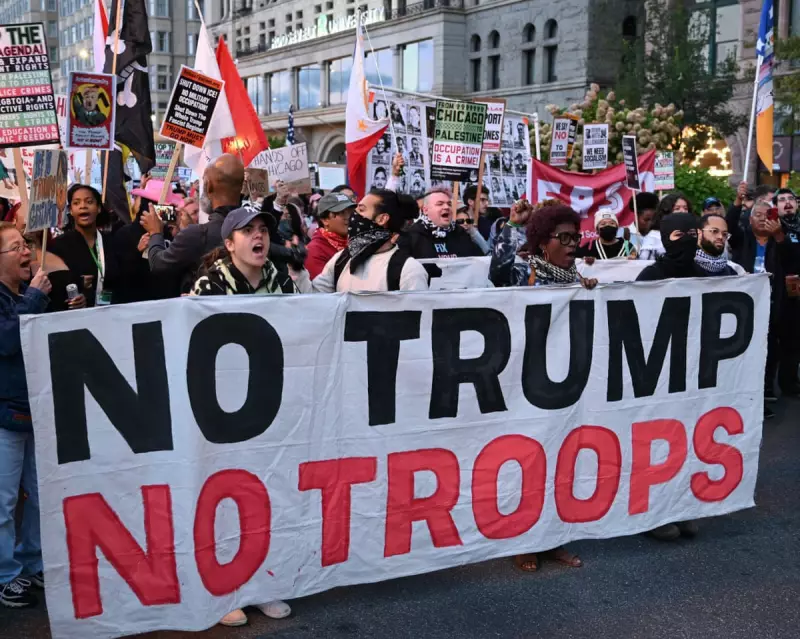
In an unprecedented escalation of the ongoing battle between state and federal authorities, Illinois Governor JB Pritzker has deployed National Guard troops to block Immigration and Customs Enforcement (ICE) agents from accessing state property and facilities.
Constitutional Crisis Unfolds in Chicago
The dramatic standoff represents one of the most significant state-level challenges to federal immigration enforcement in recent memory. Governor Pritzker's administration has taken the extraordinary step of positioning military personnel to physically prevent federal agents from carrying out their duties on state-owned property.
The confrontation centres on fundamental questions of states' rights versus federal authority, with Illinois officials arguing they're protecting residents from what they describe as "overreach" by federal immigration authorities.
Federal Property Becomes Battleground
While state facilities remain protected by the National Guard deployment, federal buildings and properties within Illinois continue to operate under federal jurisdiction. This has created a patchwork of enforcement capabilities that varies block by block throughout Chicago and surrounding areas.
The situation has drawn sharp reactions from both sides of the political spectrum:
- Supporters praise Pritzker for standing up to perceived federal overreach
- Critics accuse the governor of violating federal law and endangering public safety
- Legal experts warn of potentially lengthy court battles ahead
Broader Implications for US Immigration Policy
This confrontation in Illinois reflects wider tensions playing out across the United States as Democratic-led states increasingly resist Trump administration immigration policies. The deployment of National Guard troops represents a significant escalation that could encourage similar actions in other states.
Legal scholars are divided on the constitutional implications, with some arguing states have authority over their own property while others contend federal immigration law supersedes state actions.
The situation remains fluid, with both sides digging in for what could become a prolonged legal and political battle over the limits of federal power and states' rights in immigration enforcement.





